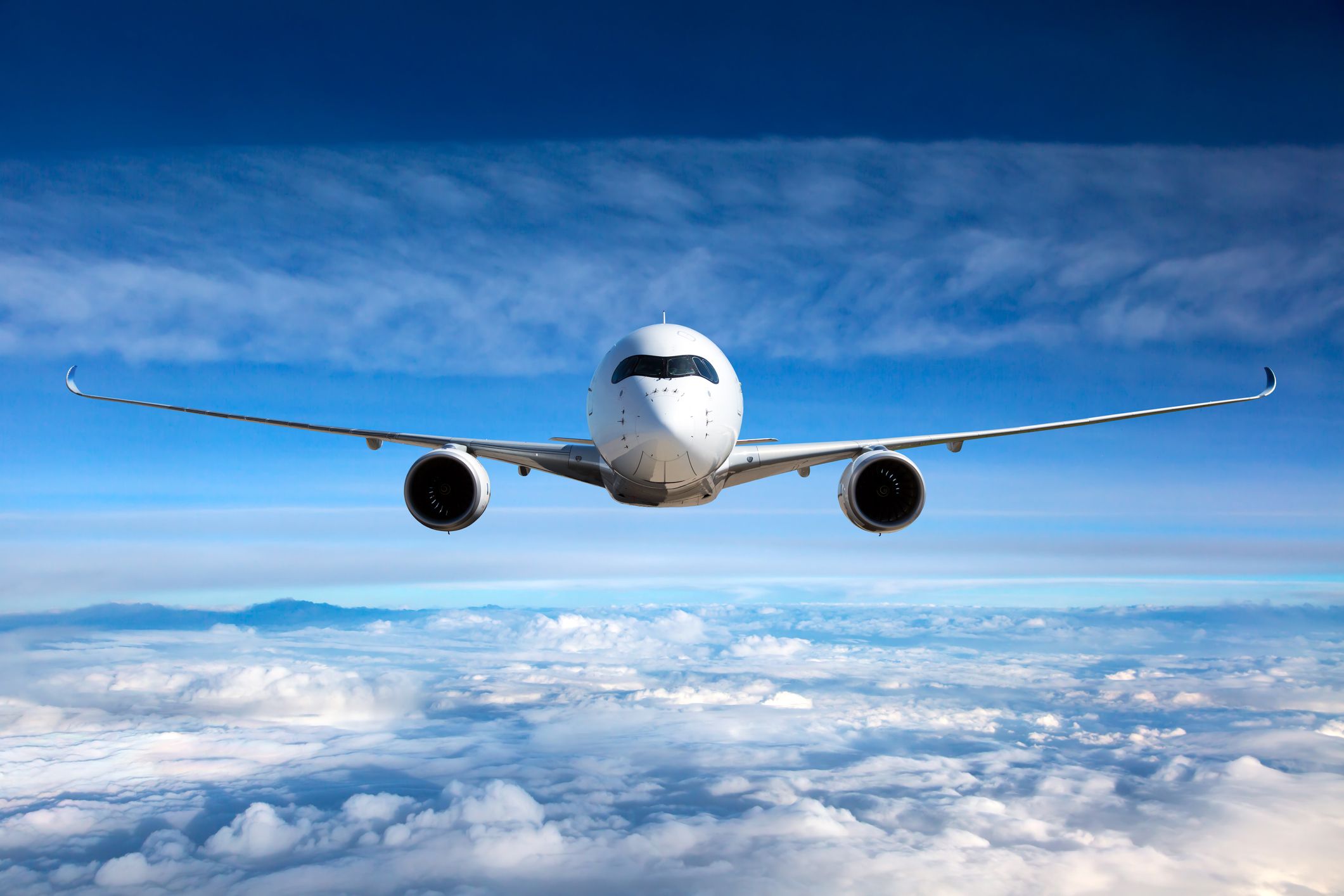
The air quality in a cockpit directly affects how well an airplane pilot performs, according to research.
Commercial airline pilots who took part in the study by a team at Harvard T.H. School of Public Health were better able to perform complex maneuvers in a flight simulator when the carbon dioxide concentration in the air was 700 parts per million (ppm), compared with 2,500ppm.
The average carbon dioxide level on a commercial flight is less than 1000ppm but can reach as high as 1400ppm depending on the aircraft, say the authors of a study published in the Journal of Exposure Science and Environmental Epidemiology.
The same team previously researched whether carbon dioxide levels in office buildings affect concentration levels among workers, showing the relatively slight difference between 1000pm and 2,500ppm of carbon dioxide appeared to hinder cognitive function. This new paper builds on that research to investigate pilots specifically.
To conduct the study, the researchers asked 30 male commercial air pilots to perform three flight simulation tests lasting three hours. Each task involved 21 maneuvers of varying levels of difficulty. During the experiment, each participant was randomly dosed with either 700ppm, 1,500ppm or 2,500ppm levels of carbon dioxide at some point.
Pilots were almost 70 percent more likely to pass a maneuver when carbon dioxide levels were at 700ppm compared with 2,500ppm, the results revealed. There was no statistically significant difference in the cognitive abilities of pilots exposed to 700ppm and 1,500ppm—although they were more likely to pass the hardest maneuvers.
The longer the pilots were in the simulator, the worse the effects of carbon dioxide were.
Dr. Joseph G. Allen, assistant professor, co-director for the Center for Climate, Health and the Global Environment at Harvard T.H. Chan told Newsweek: "The key takeaway from our study is that air quality in the cockpit directly impacts pilot performance. The airplane cabin environment has been the focus of research for many years, but until now, the cockpit has been largely off-limits for researchers."
What surprised researchers the most, said Allen, was that carbon dioxide impacted the in-flight performance of highly trained, highly qualified, active commercial airline pilots.
Read more: Trouble Sleeping? Try These Nine Expert Tips
By growing our understanding of how carbon dioxide can affect these workers, Allen hopes the research will help regulators to consider the impact of carbon dioxide and ventilation on pilot performance.
But he stressed that flying is safe. "In our study these pilots were challenged with some extreme, but very rare, conditions, like avoiding a mid-air collision. They also performed these maneuvers without the aid of auto-pilot," he explained.
"When we say pilots 'failed' a maneuver in the flight simulator, we want to be clear that this does not mean the airplane or passengers would have been in jeopardy if it were a real-flight. It simply means they failed to meet all of the pilot performance standards set by the Federal Aviation Administration."
Uncommon Knowledge
Newsweek is committed to challenging conventional wisdom and finding connections in the search for common ground.
Newsweek is committed to challenging conventional wisdom and finding connections in the search for common ground.
About the writer
Kashmira Gander is Deputy Science Editor at Newsweek. Her interests include health, gender, LGBTQIA+ issues, human rights, subcultures, music, and lifestyle. Her ... Read more
To read how Newsweek uses AI as a newsroom tool, Click here.








